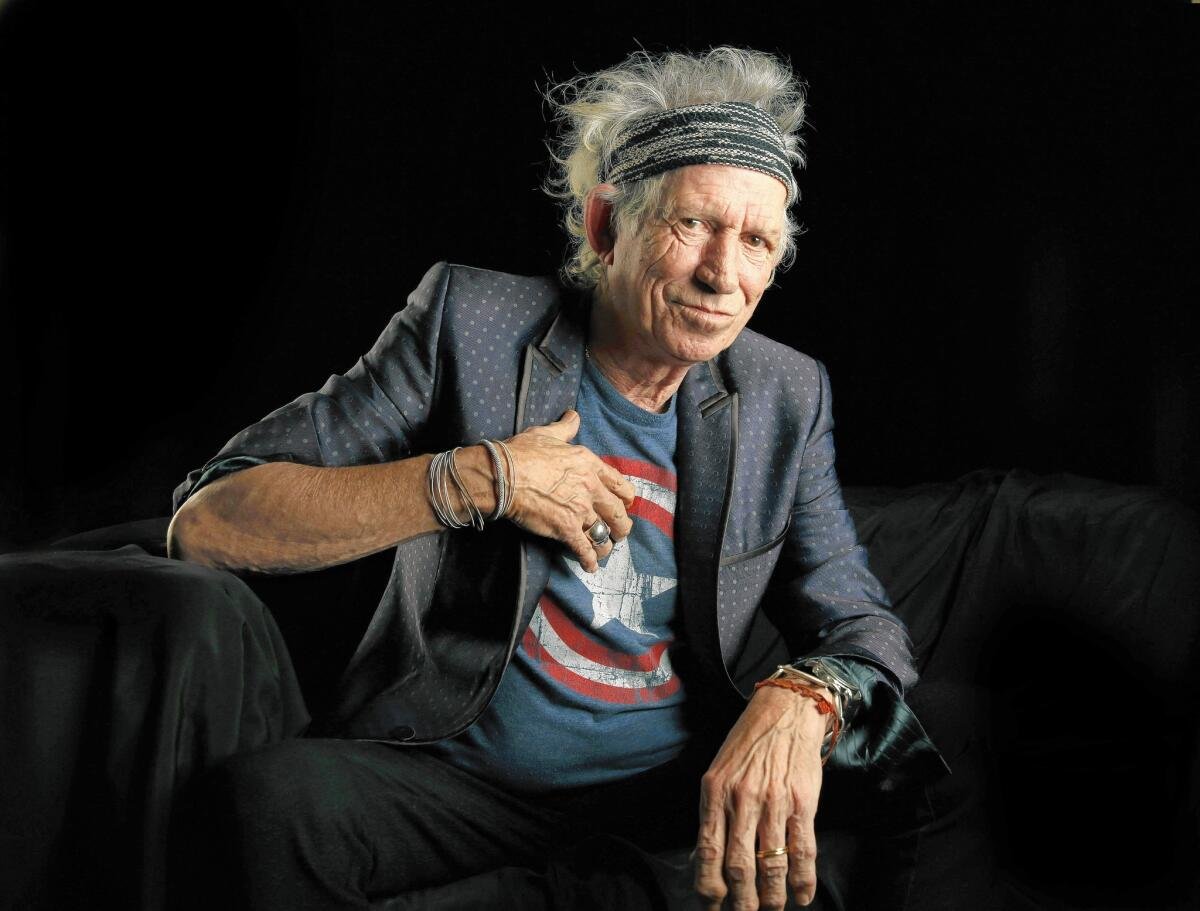The Rolling Stones never professed to be among the world’s best bands. Even though they might be the longest-surviving rock icons still active today, Keith Richards and Mick Jagger have managed to extract most of their songs from the conventional blues formula albeit with a dark twist that only they can provide. Though Richards was known to occasionally take the lead vocal on a song, he was aware that Jagger’s performance on one of their deep cuts was unmatched by any other vocalist.
But as a leader, Jagger was still finding his feet when the Beatles first formed. After being hired by creator Brian Jones, Jagger gradually changed his performance style to fit the music. He started a little somber but eventually mastered dancing movements and the notorious rooster walk that he does as he struts across the stage.
The range of vocal registers that Jagger possesses is something that is sometimes overlooked while discussing his performances. Rock music has never seen a more unique character than Jagger, who channels all of the pain he has experienced in his life into songs like “Satisfaction,” even if he may not be giving Mariah Carey a run for her money anytime soon.
The band began returning to its bluesy roots at the end of the 1960s, as Jagger flexed his muscles on songs such as its Satanic Majesties Request and Between the Buttons. The band ripped through some of the most memorable rock songs of their career, from Beggars Banquet to Exile on Main Street, delivering barnburners like “Bitch” and “Brown Sugar” in addition to melancholic ballads like “Wild Horses.”
But “Midnight Rambler” is the one song that appeared to transcend the band’s abundance of cover songs out of all the ones that touched on their bluesy roots. Using a blues shuffle as the foundation, Jagger sounds like the grizzled bluesman that he always wanted to be, while Richards provides the ideal rhythm guitar pulse behind him.
Richards was influenced by the blues stylings of musicians like Robert Johnson, but this was maybe one of the few occasions the band outperformed their heroes. In addition to the song’s incredible rhythm, Richards claimed that Jagger’s vocals were unmatched by any other rock star from the past or present.
When talking about crafting the song, Richards recollected how perfectly the melody fit Jagger’s vocals, adding, “I mean, I write songs for Mick to be able to sing. Obviously, they are not tailor-made because I’m not that good a tailor. But, for example, ‘Midnight Rambler,’ ain’t nobody else could sing that except Mick and I wrote it for him.”
However, “Midnight Rambler” only represents a small portion of Jagger’s vocal range. Jagger continued experimenting with different vocal ranges as the band explored new musical horizons in the 1970s and beyond. He produced some exquisite moments, such as “Angie,” and some attempts that were better left unrepeated, like “Harlem Shuffle.” For Keef, there’s no finer feeling than when he’s got his roots in the blues, regardless of how many different things Jagger can do with his voice.
